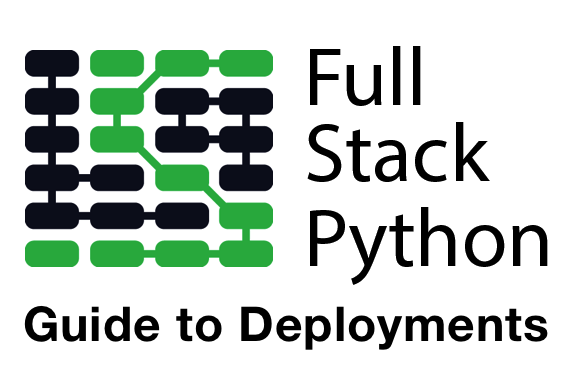Other Web Frameworks
Python has a significant number of web frameworks outside the usual Django, Flask, Pyramid and Bottle suspects.
TurboGears2
TurboGears2 born as a full stack layer on top of Pylons is now a standalone web framework that can act both as a full stack solution (like Django) or as a micro framework.
Falcon
Falcon is a minimalist web framework designed with web application speed as a top priority.
- Building a rate limiter in Python 3 with Falcon and run it via Docker is an introductory tutorial for creating and running a simple but useful Falcon app.
web.py
web.py is a Python web framework designed for simplicity in building web applications.
- See this Reddit discussion on reasons why to not use web.py for some insight into the state of the project.
web2py
Web2py is a batteries-included philosophy framework with project structure based on model-view-controller patterns.
CherryPy
CherryPy is billed as a minimalist web framework, from the perspective of the amount of code needed to write a web application using the framework. The project has a long history and made a major transition between the second and third release.
Muffin
Muffin is a web framework built on top of the asyncio module in the Python 3.4+ standard library. Muffin takes inspiration from Flask with URL routes defined as decorators upon view functions. The Peewee ORM is used instead of the more common SQLAlchemy ORM.
Other web framework resources
-
This roundup of 14 minimal Python frameworks contains both familiar and less known Python libraries.
-
The web micro-framework battle presentation goes over Bottle, Flask, and many other lesser known Python web frameworks.
-
A Python newcomer asked the Python Subreddit to explain the differences between numerous Python web frameworks and received some interesting responses from other users.
Other frameworks learning checklist
-
Read through the web frameworks listed above and check out their project websites.
-
It's useful to know what other web frameworks exist besides Django and Flask. However, when you're just starting to learn to program there are significantly more tutorials and resources for Django and Flask on the web. My recommendation is to start with one of those two frameworks then expand your knowledge from there.
What do you need to learn next?

Searching for a complete, step-by-step deployment walkthrough? Learn more about The Full Stack Python Guide to Deployments book.
Email Updates
Other Web Frameworks
Need more detailed tutorials than you see here? Learn more about The Full Stack Python Guide to Deployments book.

